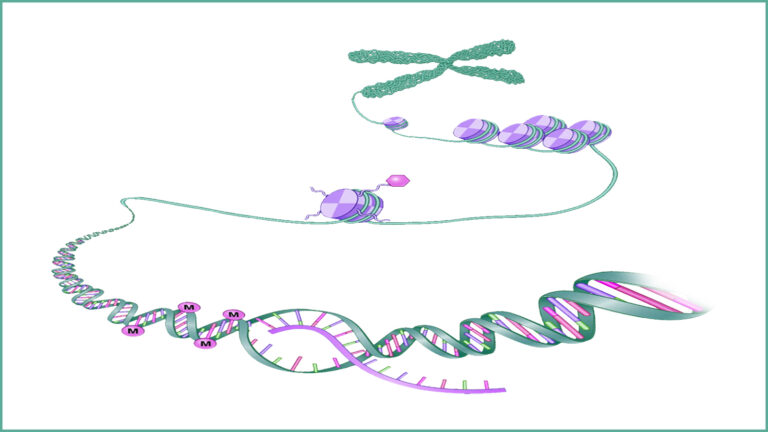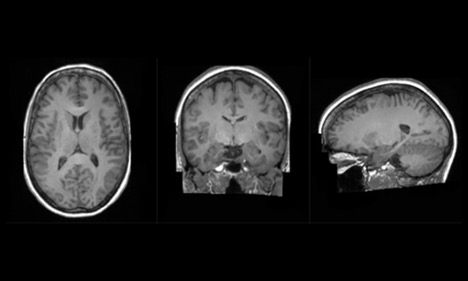
A collaboration between InstaDeep, the Technical University of Munich (TUM), and NVIDIA has led to the development of multiple super-computing scale foundation models for genomics. These models demonstrate state-of-the-art performance across many prediction tasks, such as promoter and enhancer site predictions. The joint team of researchers showed that large language models (LLMs) trained on��
]]>
Humanity has seen major scientific breakthroughs directly related to discoveries that do not share the glamor of the breakthrough they enabled. Sir Alexander Fleming��s penicillin gave rise to effective treatments for infections like pneumonia, but penicillin��s importance outshines a technology known as the Petri dish, invented by a German physician. It was in a Petri dish that penicillin was��
]]>
Several NVIDIA Inception partners were named winners or finalists at the UCSF Health Awards��a competition widely viewed as the Oscars of healthcare. With a standard for recognizing excellence and innovation, the awards are given across 13 digital health and three life sciences categories. The event brings together the biopharma, hospital systems, providers, payors, patient networks��
]]>
King��s College London, along with partner hospitals and university collaborators, unveiled new details today about one of the first projects on Cambridge-1, the United Kingdom��s most powerful supercomputer. The Synthetic Brain Project is focused on building deep learning models that can synthesize artificial 3D MRI images of human brains. These models can help scientists understand what a human��
]]>